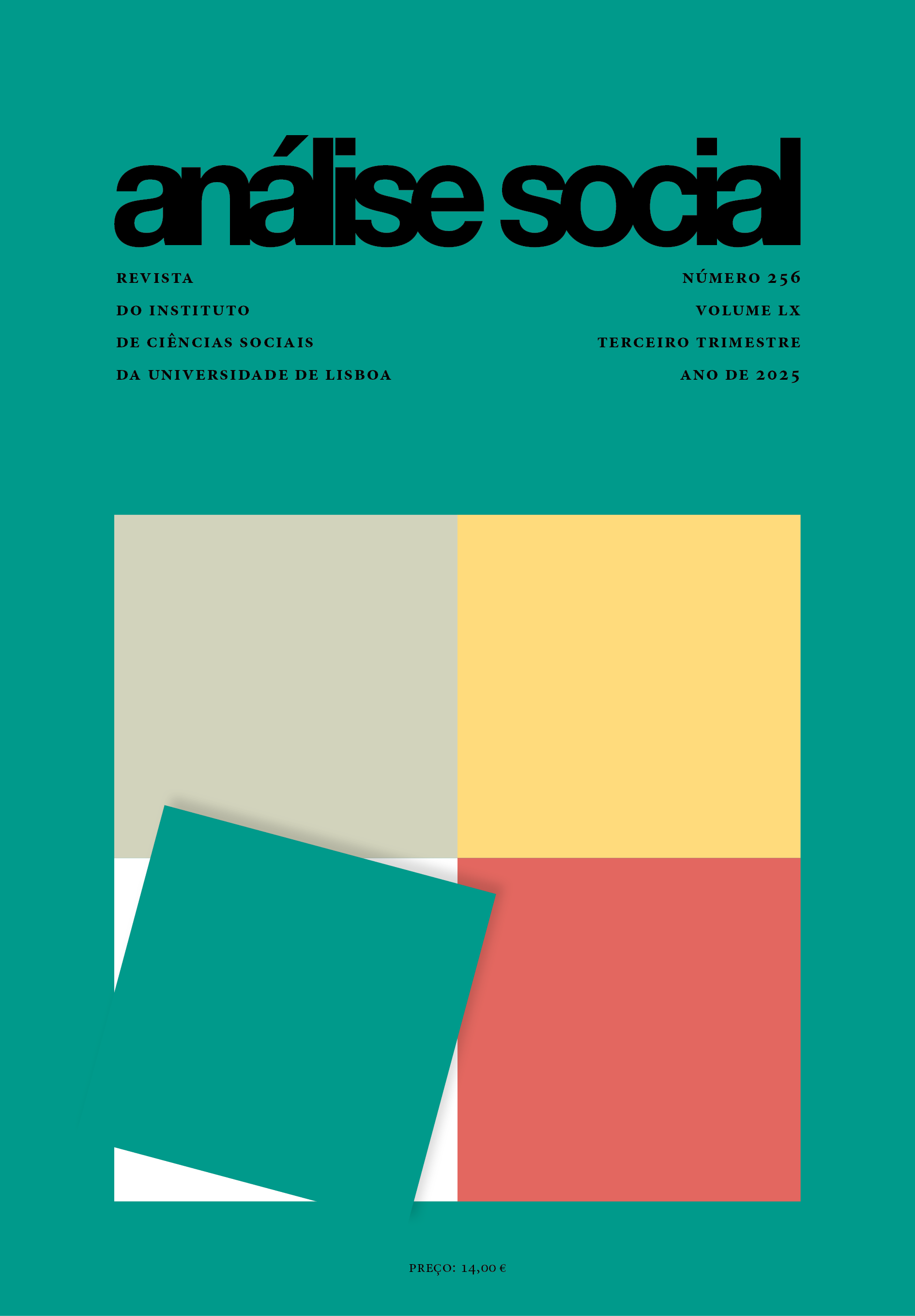Voting during the peak of the covid-19 pandemic crisis: the effects of risk perception and government performance
DOI:
https://doi.org/10.31447/202155Keywords:
Presidential election, covid-19, turnout, electoral behavior, risk perception, government performance, PortugalAbstract
The 2021 Portuguese presidential election took place during a peak of the covid-19 pandemic crisis. This unprecedent context led to the expectation of a very low turnout. Furthermore, the incumbent was declared in advance as the undisputed winner, which also contributed to this expectation. If, on the one hand, turnout was not as dramatically low as anticipated, on the other hand, Marcelo Rebelo de Sousa was unsurprisingly re-elected by a wide margin. Given this exceptional environment, the question we pose is: to what extent has the pandemic crisis affected turnout and the election result? We argue that it will have negatively affected turnout (due to voters’ fear of being infected), and will have positively contributed to the incumbent’s re-election (due to voters’ positive performance evaluations of the government in the face of the crisis). We support our analysis on a representative survey of the Portuguese voters, fielded right after the election was held.



